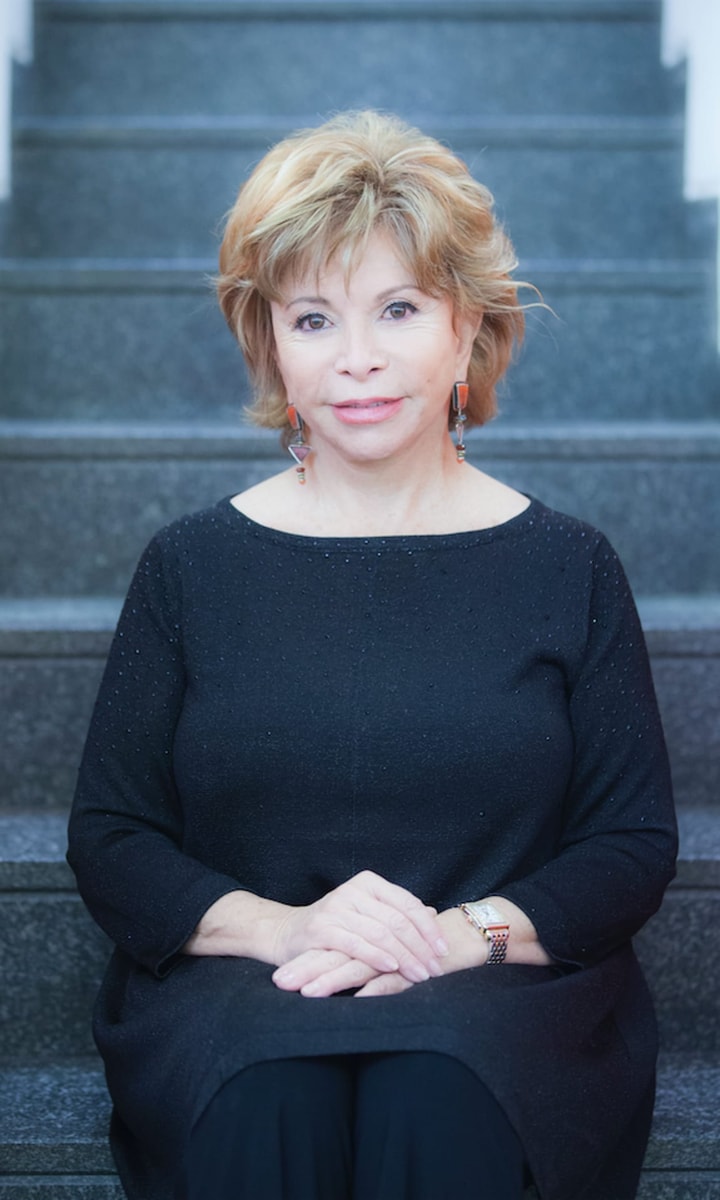Isabel Allende stands as a trailblazer for the very ideals that women today strive to achieve: freedom, respect, and the enduring significance of female empowerment. Her literary work serves as a reflection of the human spirit, ranging from the simple to the intricate. Her writing style is visceral, eliciting emotions that resonate deeply, and her affection for her characters is boundless, even as they harmonize with the somber notes of despair within her narratives.
With a literary portfolio spanning over 30 publications, her books have found their way into the hands of readers around the globe, amassing sales exceeding 77 million copies in 42 languages.
Beyond these remarkable achievements, it’s worth mentioning the 60-plus awards and distinctions that the author has received that will adorn her lasting legacy.
With its overwhelming power, her prose generates a ripple effect across generations. She initiated this journey with her debut novel – now considered a true classic – “The House of the Spirits” (1982). Filmmakers have adapted this literary gem into a film with a top-notch cast, including Jeremy Irons, Meryl Streep, and Antonio Banderas. Another of her masterpieces is “Paula,” an autobiographical book in which the writer, born in Lima, Peru, intimately shares the story of her daughter’s tragic illness and untimely passing at the tender age of 29.
Her latest novel, “The Wind Knows My Name” (Plaza & Janés), which was published on June 6th of this year, serves as yet another testament to her tireless love for writing The book delves into a persistent modern theme – migration – a subject rooted in a multitude of sources, encompassing economic and social factors, and even addressing the heart-wrenching issue of family separations at borders.
Isabel experienced that herself when she had to flee from Chile to Venezuela in 1975 following the establishment of Augusto Pinochet’s military dictatorship, and she understands perfectly the emotional scars caused by forced migration.
Commencing her publishing journey at the age of 40, her body of work resonates with an array of themes that continue to evolve. These themes encompass a spectrum, ranging from power dynamics to women’s empowerment in marginalized spaces. As a distinguished Spanish language, her narratives shine a spotlight on feminism, the celebration of life’s joys, the complexities of love in later years, and even the study of aphrodisiacs – a pursuit that helped her cope with the loss of her daughter Paula.
,type=downsize)





